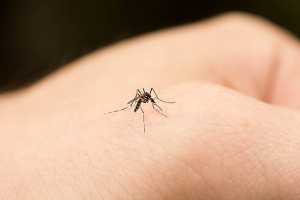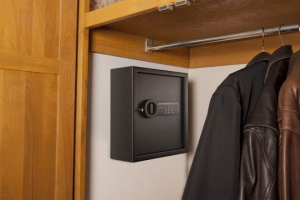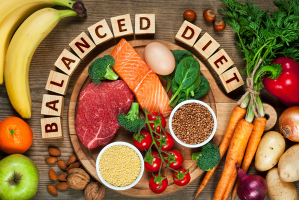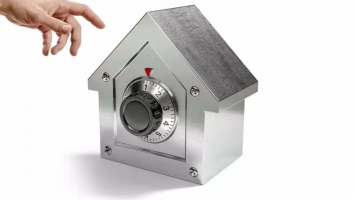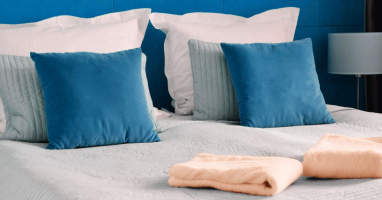Top 8 Best Home Remedies for Managing High Blood Pressure
According to the American College of Cardiology, roughly half of American people have high blood pressure, also known as hypertension. Making dietary and ... read more...lifestyle adjustments are some of the home remedies that may be used to manage high blood pressure and improve heart health. Read on to have more helpful information!
-
Active living is a crucial component of healthy living. Regular exercise boosts your mood, strength, and balance in addition to lowering your blood pressure. Additionally, it lowers your risk of developing diabetes and other types of heart disease.
Your heart gets stronger when you exercise frequently. More blood can be pumped more efficiently with a stronger heart. Your arteries experience less pressure as a result, which lowers your blood pressure. Considering consult a doctor for advice on a safe exercise plan if you've been sedentary for a long. Begin slowly, then increase your workout intensity and frequency. If you are not interested in gym sessions, do your exercise outside. You can still get the advantages if you hike, jog, or swim. The most important thing is to move. Additionally, the American Heart Association (AHA) suggests including at least two days a week of muscle-strengthening exercise.

Get moving 
Get moving -
A healthy eating plan designed to assist treat or prevent high blood pressure (hypertension) is called the DASH diet (Dietary Approaches to Stop Hypertension). Foods high in potassium, calcium, and magnesium are part of the diet. These nutrients help in blood pressure regulation. Foods that are high in sodium, saturated fat, and added sugars are restricted in the diet.
The DASH diet can lower blood pressure in as little as two weeks, according to studies. Low-density lipoprotein (LDL or "bad") cholesterol levels in the blood can also be decreased by diet. Two key risk factors for heart disease and stroke are high blood pressure and high LDL cholesterol levels. Your systolic blood pressure can drop by up to 11 mm Hg by following the DASH diet. The DASH diet includes:
- Eating whole grains, fruits, and vegetables.
- Consuming lean meats, fish, nuts, and low-fat dairy products.
- Avoiding processed foods, high-fat dairy products, and fatty meats that are high in saturated fats.
- Limiting desserts and sugar-sweetened drinks like soda and juice.
- ...
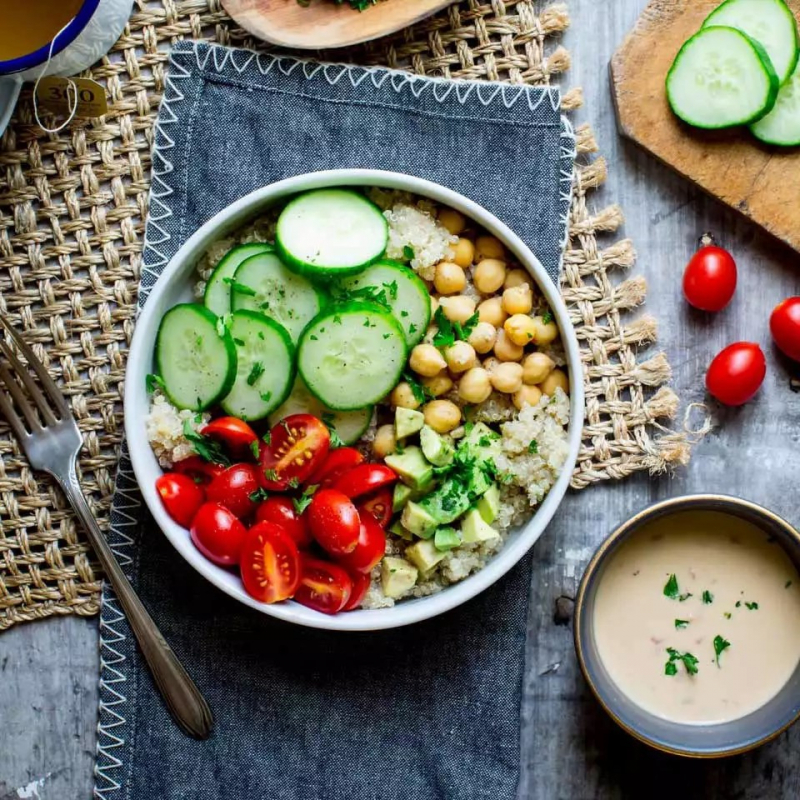
Follow the DASH diet 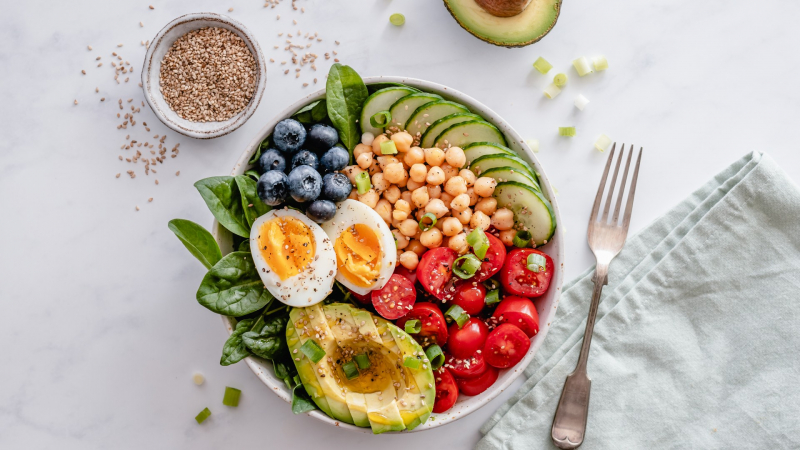
Follow the DASH diet -
Sodium intake needs to be decreased in order to lower blood pressure. Most people consume too much salt—on average 9–12 grams per day, or around twice the recommended maximum level of intake. Blood pressure increases dramatically as a result of this.
Most people consume too much salt—on average 9–12 grams per day, or around twice the recommended maximum level of intake. The American Heart Association (AHA) advises keeping your daily sodium intake between 1,500 mg and 2,300 mg, or a little more than half a teaspoon of table salt. Adults who consume less than 5g of salt per day had lower blood pressure and a lower risk of heart attack, stroke, and other cardiovascular diseases. Cutting less on salt has many benefits, but the main one is a decrease in high blood pressure. Try substituting herbs and spices for salt when flavoring food to reduce the amount of sodium in your diet. The salt content in processed foods is another common problem. Always read the food labels, and whenever possible, choose low-sodium substitutes.

Limit salt 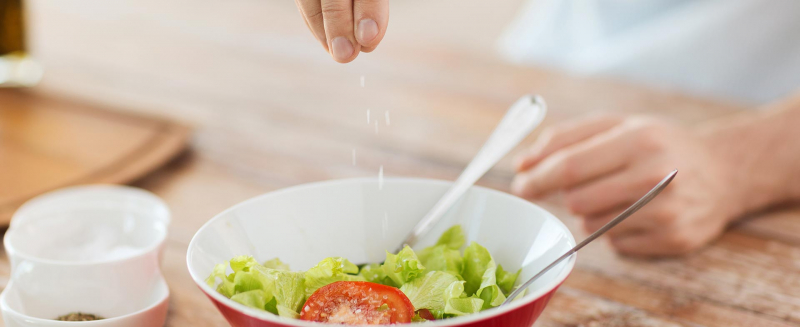
Limit salt -
Blood pressure often increases as weight increases. Being overweight also can cause disrupted breathing while you sleep (sleep apnea), which further raises blood pressure.
Losing even just 5 to 10 pounds can help people with obesity or overweight conditions lower their blood pressure. In general, blood pressure might go down by about 1 millimeter of mercury (mm Hg) with each kilogram (about 2.2 pounds) of weight lost. Monitoring your waistline is essential for controlling blood pressure in addition to achieving and maintaining a healthy weight. Visceral fat, or the extra fat around your waist, may have a bad impact on heart health and, over time, may lead to significant health issues, such as high blood pressure. In general, men should aim for a waist size of around 40 inches, while women should aim for a waist measurement of under 35 inches.
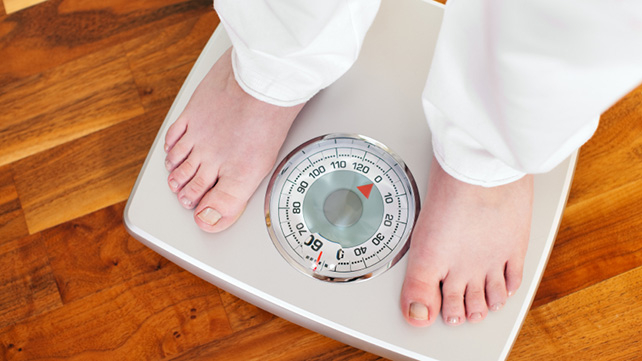
Maintain a moderate weight 
Maintain a moderate weight -
For several minutes after you smoke a cigarette, your blood pressure will temporarily increase. If you smoke frequently, your blood pressure may remain high for a long time, and repeated temporary spikes in your blood pressure may cause damage.
Smoking increases the risk of heart attack, stroke, and dangerously high blood pressure. You can get high blood pressure and heart disease even from secondhand smoke. Furthermore, smoking can raise your chance of developing fatty substances inside your arteries known as plaque. Atherosclerosis is the name given to this condition. If untreated, it increases the risk of heart attack and stroke. Quitting smoking can help your blood pressure return to normal, in addition to a variety of other health benefits.
If you smoke, consider quittiing 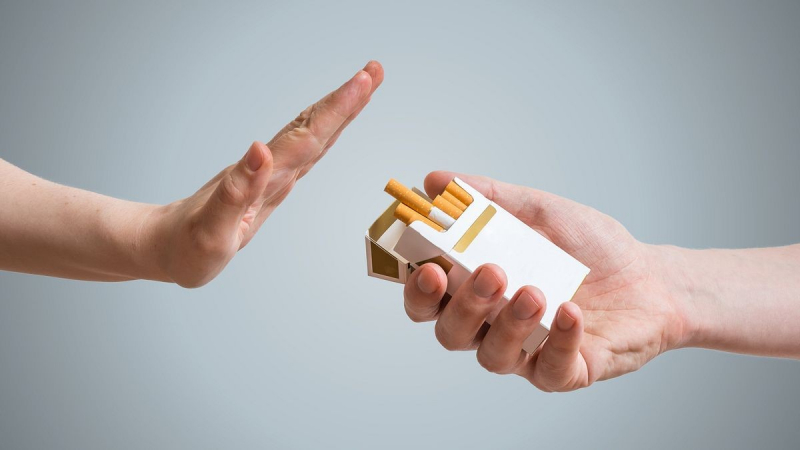
If you smoke, consider quittiing -
It's acceptable to drink a glass of red wine with dinner. In fact, moderate red wine consumption may even be good for your heart. However, excessive alcohol use can cause a number of health problems, including high blood pressure.
Additionally, excessive drinking can lessen the effects of some blood pressure medications. What does the phrase "moderate drinking" mean? Men should limit their alcohol consumption to two drinks per day, according to the AHA. One alcoholic drink per day is the recommended intake for women. Heavy drinkers who reduce their intake to moderate levels can reduce their systolic blood pressure measurement by about 5.5 mm Hg and their diastolic blood pressure reading by about 4 mm Hg. One drink equals:
- 12 ounces of beer
- 4 ounces of wine
- 1.5 ounces of 80-proof liquor

Limit alcohol 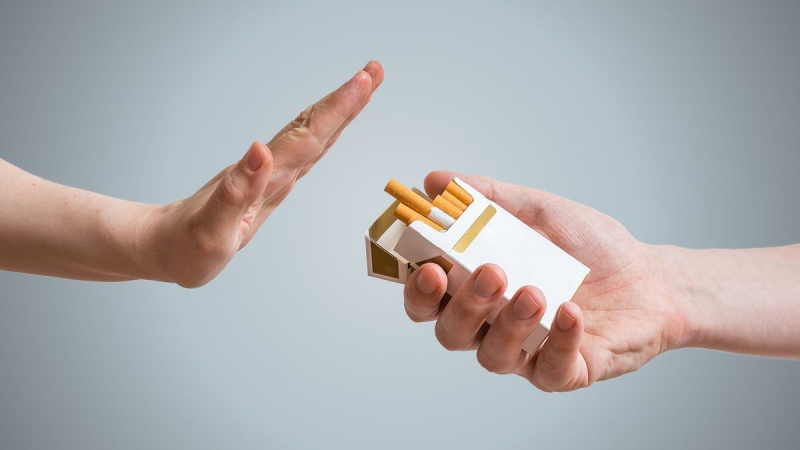
Limit alcohol -
It might be challenging to slow down and unwind in the fast-paced world of today, which is characterized by rising pressures. To control stress levels, it's necessary to sometimes take a break from your daily responsibilities.
Your blood pressure may temporarily rise as a result of stress. It can raise your blood pressure for a very long time if you have too much of it. It helps to identify the trigger for your stress. It may be your work, your relationship, or your finances. You can attempt to find solutions once you identify the cause of your stress. Additionally, you have options for a healthy stress reduction strategy. Try some deep breathing exercises, yoga, or meditation. Try the following:
- Do not attempt to do too much: Focus on your priorities and make a plan for the day. Learn to say no. Give yourself enough time to complete your tasks.
- Schedule some breaks: Every day, set aside some time to relax and breathe deeply. Make time for enjoyable activities or hobbies, like walking, cooking, or charity activities.
- Practice gratitude: Expressing gratitude to others can help reduce stress.

Reduce stress 
Reduce stress -
Getting less than six hours of sleep each night for a few weeks might result in poor sleep quality, which can lead to hypertension. Numerous conditions, such as sleep apnea, restless legs syndrome, and general insomnia, can interfere with sleep (insomnia).
If you frequently have difficulties sleeping, let your healthcare professional know. Sleep quality can be increased by identifying and treating the problem. To achieve more comfortable sleep, however, if you don't suffer from sleep apnea or restless legs syndrome, try these simple suggestions.
- Stick to a sleep schedule: Set a consistent bedtime and wake-up time each day. On weeknights and weekends, make an effort to maintain the same schedule.
- Make a peaceful environment. Keeping the sleeping area cool, quiet, and dark is necessary. Spend the hour before bedtime doing something relaxing. For instance, you can take a warm bath or use relaxation techniques. A TV or computer screen, for example, should not be used.
- Keep an eye on what you eat. Don't stuff yourself or go to bed hungry. When going to bed, avoid eating a lot. When going to bed, limit or completely eliminate coffee, nicotine, and alcohol.
- ...
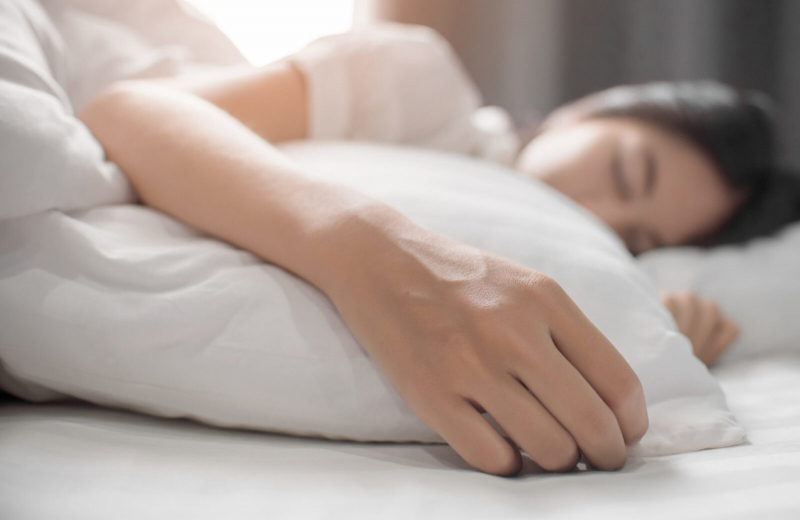
Get a good night's sleep 
Get a good night's sleep











